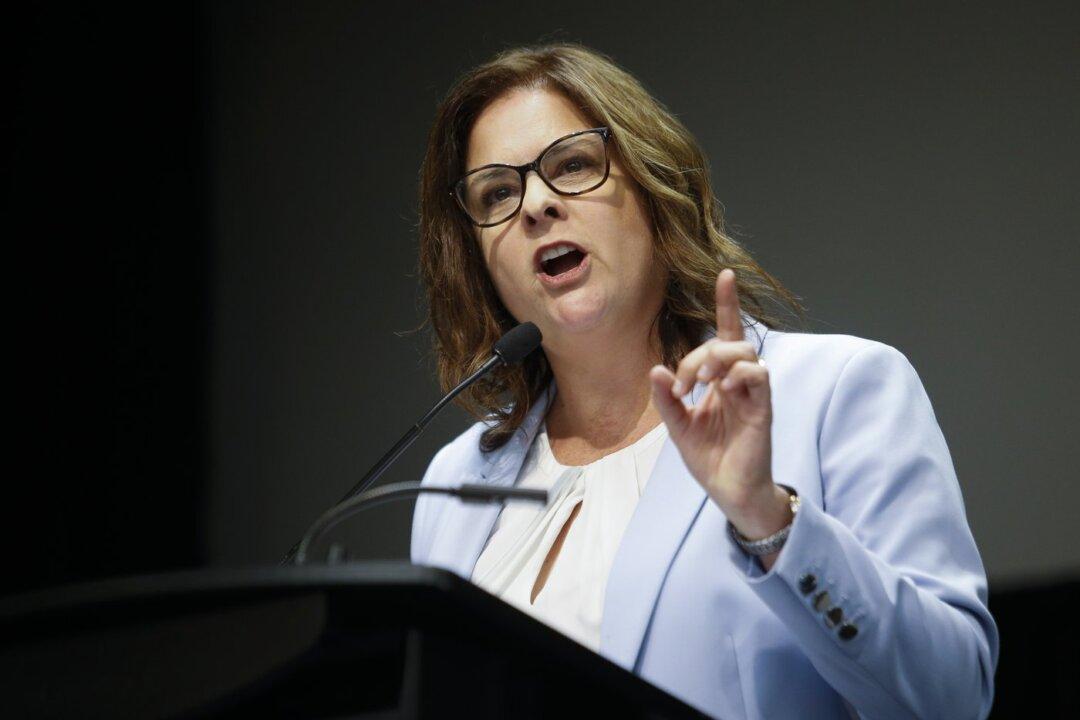With just under two months before the next provincial election in Manitoba, Progressive Conservative Premier Heather Stefanson has announced an updated parental rights policy, which will include a policy mandating that schools inform parents if their children want to switch genders.
Ms. Stefanson said at a news conference on Aug. 17 at St. Vital Park that parents know what is in their children’s best interests.





